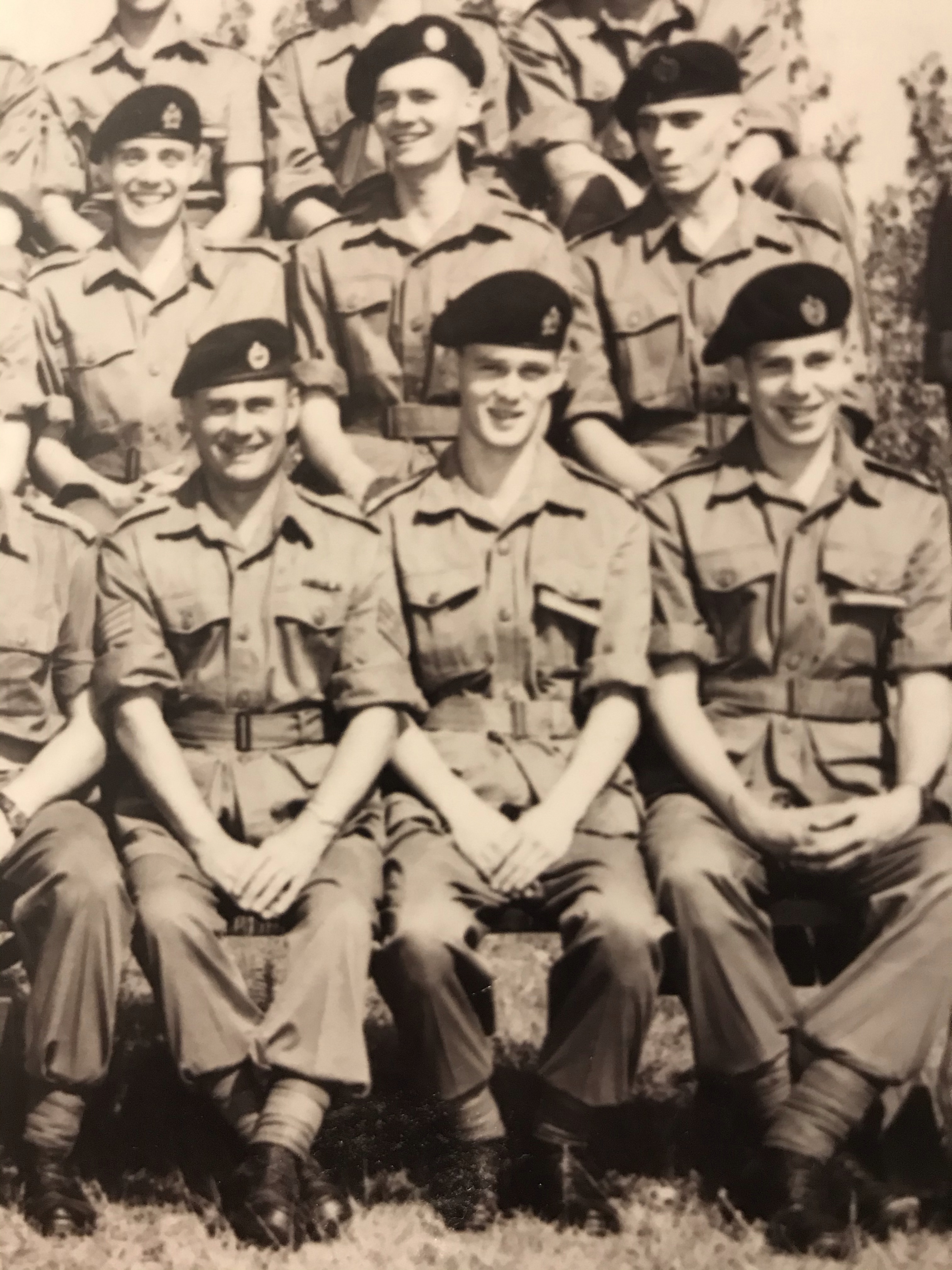Don’t make it about you.
That’s one of the first things we learned in journalism school. First-person writing wasn’t completely outlawed – but, if your story had “I” and “me” in it, you had to have a very good reason for it.
And: what you feel, as a writer, was irrelevant. What matters is how the people you’re writing about feel. Their feelings matter a lot more than yours.
Journalists and writers started to violate these rules in the early Seventies. Tom Wolfe, Truman Capote, Hunter S. Thompson, Joan Didion, Ta-Nahisi Coates, James Baldwin and others started to place themselves in their stories – and they started to sell lots of books and magazines and newspapers.
Some, like George Plimpton, even got into the boxing ring so he could write more vividly about boxing. The new approaches had different names: Participative Journalism, New Journalism. Traditionalists didn’t like it, but the first-person approach attracted converts.
Sitting in a darkened room at the Israeli consulate in Toronto this week, watching unspeakable horrors unfold on a screen, I – sorry – remembered these journalism rules. They created a dilemma.
How does one write about what is up on the screen without personalizing it? How does one write an account that doesn’t describe what one is feeling?
How does one do all that in a way that respects – and accurately describes – the feelings of the people on the screen?
That one was the biggest challenge of all. Because the people on the screen simply weren’t available to be interviewed. And their families – who have been living through horrors that cannot be captured in mere words, even by the likes of Tom Wolfe or Joan Didion – were not readily available, either.
They told the IDF and the Israeli Foreign Ministry that the footage could be shown to journalists, but they did not want it on the Internet, to become the fodder for conspiracy theorists and neo-Nazis.
So, it fell to 25 of us gathered at the consulate on Monday – journalists, commentators, news anchors – to describe what we were being shown, and describe its impact. The raw footage was taken from security and dashcam cameras, or devices retrieved from Hamas terrorists. It ran nearly 45 minutes.
I decided, even before I got there, that I would just describe what I saw, and avoid editorializing – save and except calling Hamas “monsters,” which is literal and not figurative. And, at the end, I described how I left the consulate and started to weep.
But I would not editorialize. If you can read about the body of a baby – brutalized and riddled with bullets – and not be moved? Well, no amount of editorializing will change you back into a human.
Before the footage was shown, Israel’s Consul-General, Idit Shamir, addressed us. “What value is there in seeing these horrific sights?” she asked, then answered her own question. “To bear witness. Sometimes, words do not do justice to crimes against humanity.”
“We show you these images to show you what Israel and the world now faces.”
So, my colleagues bore witness. Here is a sampling of what they witmessed:
• Sabrina Maddeaux, National Post: “The worst part was the glee. The pure jubilation of Hamas terrorists as they filmed themselves killing and torturing; their excited voices bragging about their atrocities…I’ll never forget the gore, but it’s the look of euphoria and pride in the terrorists’ eyes, cheering for the cameras as if they were the ones partying at a music festival that day, that will haunt me.”
• Matt Gurney, The Line: “Glee. Pleasure. Delight. Whooping cheers, selfies with the boys (carefully framed to put dead or captured Jews in the background), huge grins. The attacks were efficient, but not joyless. The Hamas terrorists are thrilled to be doing what they’re doing…And they did so with the benefit of having achieved complete surprise. That’s something else I noticed when I took the time to look past the visceral horror of the murder spree.”
• Evan Dyer, CBC: “There are numerous scenes of Hamas fighters celebrating, waving one finger in the air and shouting ‘Takbir’ and ‘Allahu Akbar.’ Jubilant and excited gunmen can be seen both leaving Gaza in the morning and returning with bloodied captives, and with the body of German festival-goer Shani Louk. Some of those images have circulated widely.The film shows Hamas hunting people at military bases, kibbutzes and at the Nova music festival…Hamas can also be seen killing injured people and shooting into rooms full of bodies and blood to kill any survivors.”
These writers, and others present that day, all remark on one thing, over and over: the utter remorselessness of Hamas. Their undisguised delight in savagery and barbarism – and the enthusiasm they showed for torture and rape and infanticide and the murder of so many innocents.
So, then, most of us present broke one of the most important rules of journalism. We wrote in the first person, and we wrote what we were feeling.
But we had no choice.
Because the bastards in Hamas had killed everyone.
Comments (6)




